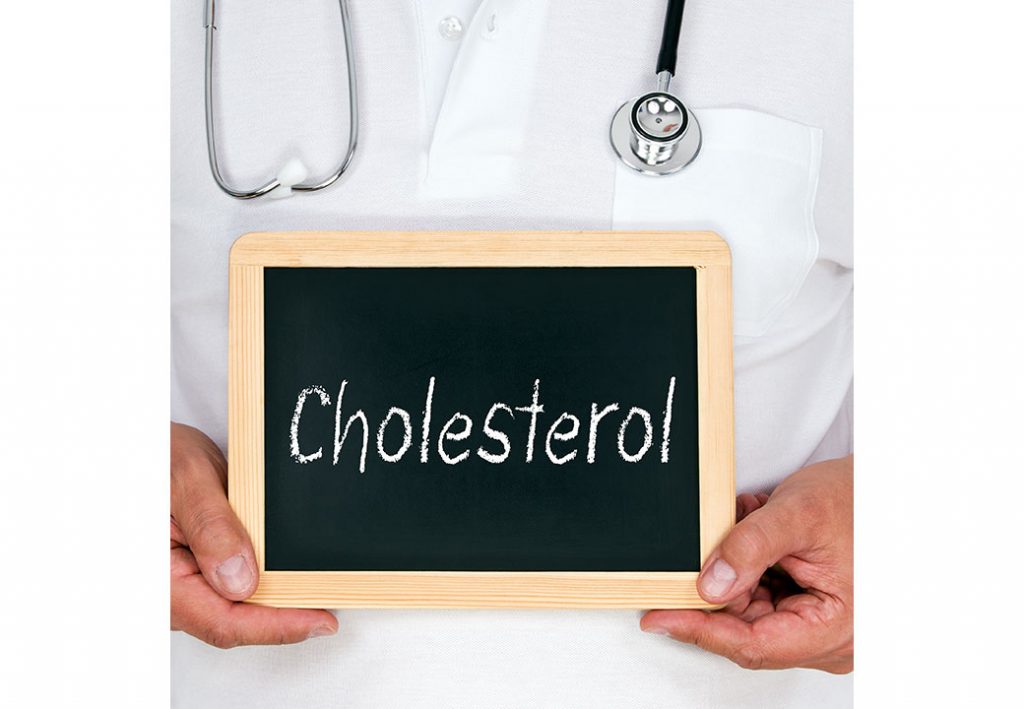What exactly is it, its implications, and what happens after? Get a quick overview with this 2-minute read.
What is cholesterol?
Cholesterol is a lipid, or a fatty substance, that makes hormones, vitamin D, and bile acids that help you digest fat. It is produced by the liver and found in some foods. Your body needs cholesterol to function. However, too much (bad) cholesterol can be detrimental to your health. To travel around your body, cholesterol needs to be attached to protein. Together, they are known as lipoprotein. There are generally two types of lipoprotein: low-density and high-density. Low-Density Lipoprotein Low-density lipoprotein (LDL) carries protein from the liver to the cells. When there is too much LDL, it can build up in the walls of arteries, leading to health problems. That’s why LDL is also known as ‘bad cholesterol’. High-Density Lipoprotein High-density lipoprotein (HDL) carries excess cholesterol from your bloodstream back to the liver, where it is broken down or passed out. That’s why HDL is also known as ‘good cholesterol’. So when people talk about high cholesterol and its dangers, they are actually referring to an excess amount of low-density lipoprotein, or bad cholesterol. In short, you want less bad cholesterol, and more good cholesterol in your body.
What are the implications of high cholesterol?
When cholesterol builds up in artery walls, it blocks the flow of blood around your body, including your heart and brain. That’s why, while high cholesterol does not produce any symptoms, it greatly increases your risk of major health conditions, including:
- Narrowing of the arteries
- Heart attack
- Stroke or mini-stroke
What are the treatment options?
For most people, a combination of diet and lifestyle changes is sufficient to lower their cholesterol to a healthy level.
- Reduce your intake of saturated fats, which increases the amount of bad cholesterol in your body.
- Quit smoking, as a chemical in cigarettes reduces the amount of good cholesterol in your body.
- Exercise regularly, as it can help increase the amount of good cholesterol in your body.
If cholesterol levels remain high despite these changes, doctors will prescribe cholesterol-lowering drugs such as statins. If you would like to consult a specialist regarding your high cholesterol, contact our friendly medical concierge today at +65 6679 7867. Alternatively you may wish to email us at customercare@tmcg.com.sg.
